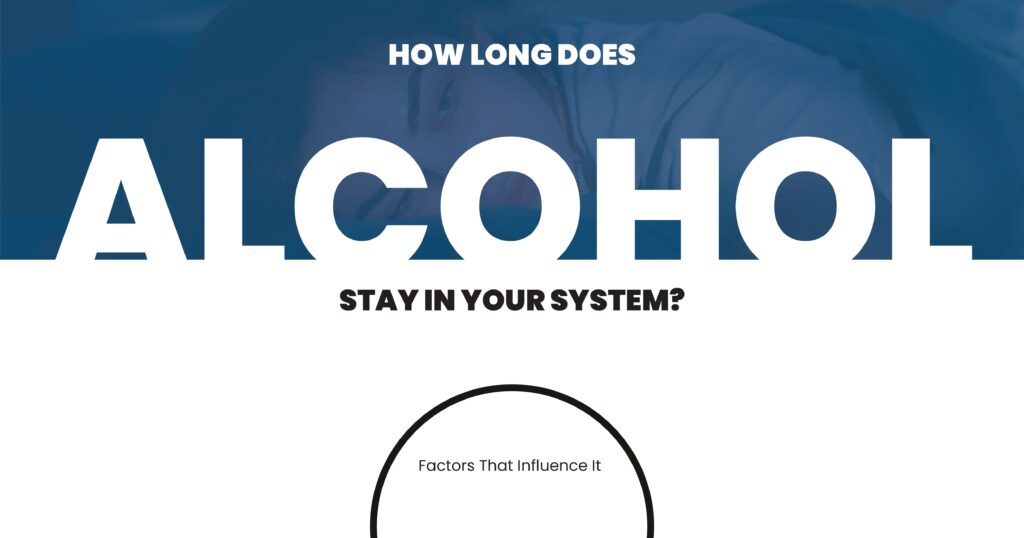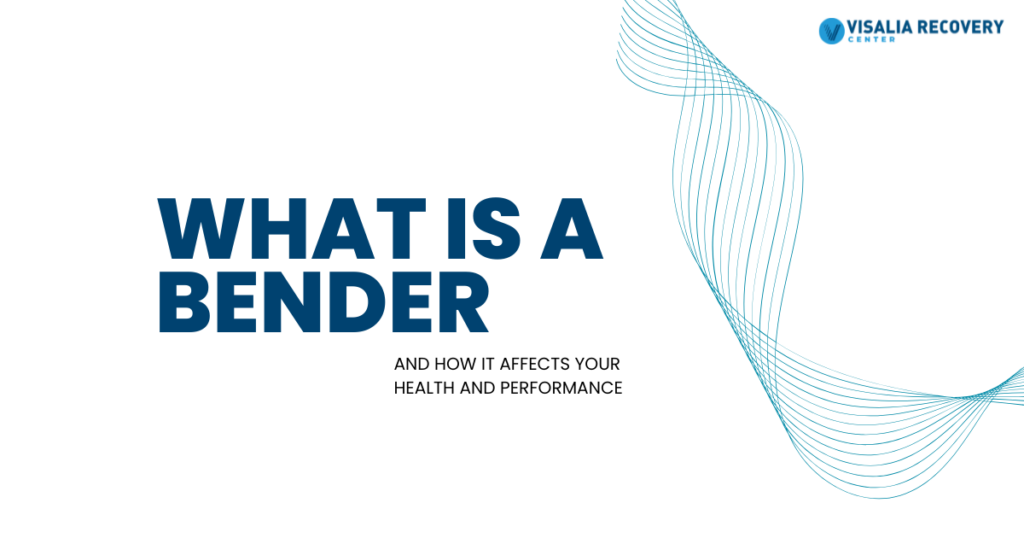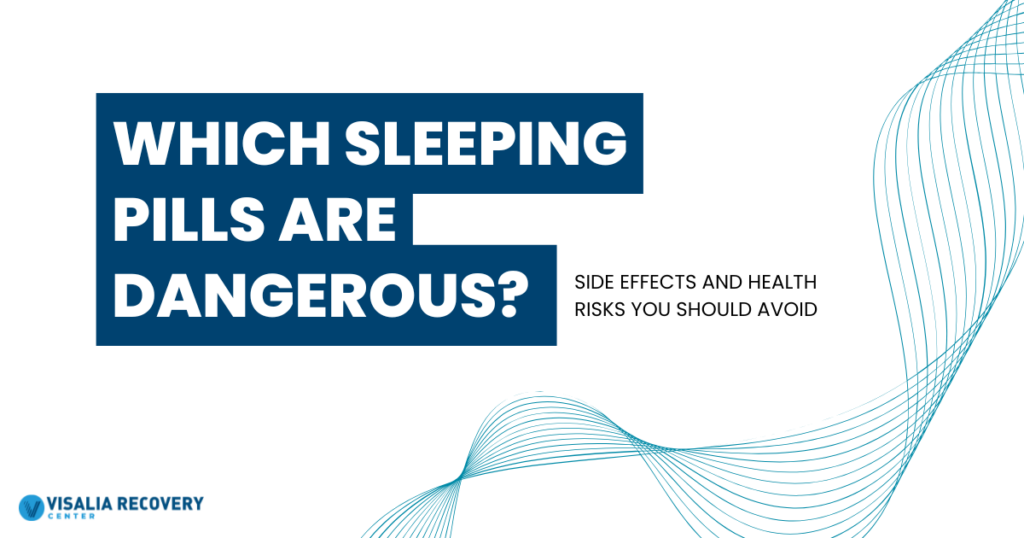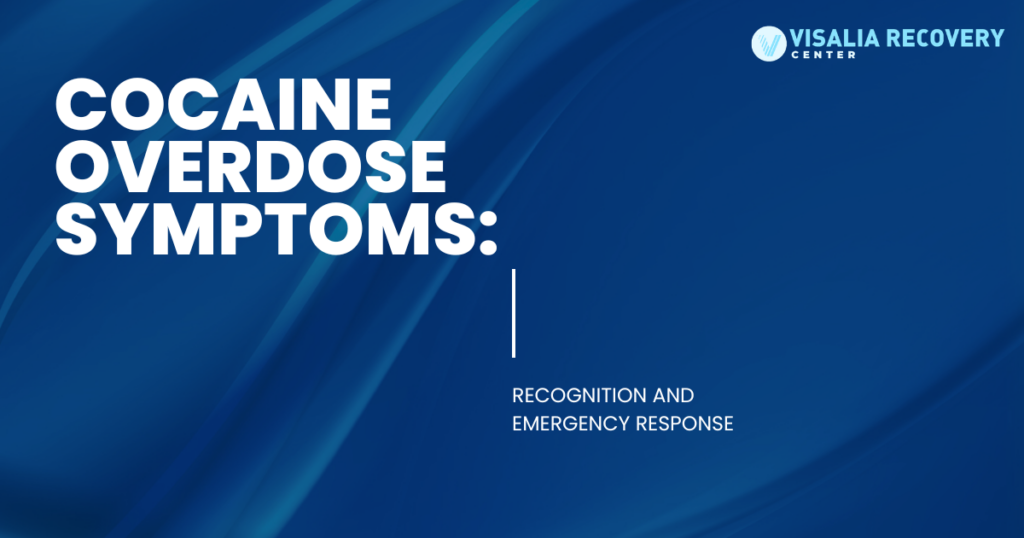Alcohol in Your System: Duration & Key Factors

Authored By:
Raleigh Souther

Edited By:
Chase Mcquown

Medically Reviewed By:
Dr. Alejandro Alva
- Last Updated:

Ever wonder why alcohol seems to hit some people harder or faster than others? It’s not random. The second that first sip hits your lips, your system starts working on processing the ethanol, and there’s a lot that goes into how long alcohol lingers in your body.
Curious about how your system breaks it down, what messes with the timeline, and whether you can do anything to speed it up? Let’s dig in.
The Science of Alcohol Metabolism
Alcohol isn’t like a cheeseburger. Your body doesn’t digest it the same way. Instead, once you drink, the alcohol heads straight for your bloodstream. That’s why you start feeling it pretty fast. It goes straight to your brain, messing with how you move, think, and react.
So who does most of the cleanup? Your liver. That hardworking organ uses two main enzymes to handle the job: alcohol dehydrogenase (ADH) and aldehyde dehydrogenase (ALDH).
First, ADH flips ethanol into acetaldehyde, which, is very toxic to the body. Then ALDH jumps in to turn acetaldehyde into acetate, something your body can break down more easily.
After that? You get rid of it through water and carbon dioxide. This happens when you breathe, sweat, and hit the bathroom.
| Enzyme | Function | Location |
| ADH | Converts ethanol to acetaldehyde | Liver, stomach |
| ALDH | Converts acetaldehyde to acetate | Liver |
It’s a pretty impressive system, but it’s not instant.
Understanding Blood Alcohol Concentration (BAC)
Let’s try to understand BAC – Blood Alcohol Concentration. Think of it like a quick snapshot of how much alcohol’s floating around in your blood. It’s usually shown as a percentage. So, if you have a BAC of 0.04%, that means there are 0.04 grams of alcohol for every 100 milliliters of blood.
BAC matters because it tells you how much alcohol is in your system and how impaired you probably are. A BAC of 0.08% is typically the cutoff for legal driving in many places.
| BAC Level | Effects |
| 0.02% | Relaxation, slight loss of judgment |
| 0.05% | Lowered inhibition, less alertness, impaired judgment |
| 0.08% | Reduced muscle coordination, worse judgment and reasoning |
| 0.10% | Slower reaction time, slurred speech, sluggish thinking |
| 0.15%–0.30% | Alcohol poisoning, possible unconsciousness |
| 0.30%–0.40% | Alcohol poisoning, possible unconsciousness |
| 0.40%–0.50% | Coma, risk of respiratory failure |
The thing is, BAC can vary a lot. Two people drinking the same thing can give completely different outcomes. It’s less about what you drink and more about your genetic makeup.
Key Factors That Influence Alcohol Absorption Rate
Ever notice how your friend can slam two beers and barely blink, while you feel it after one? That’s because alcohol gets absorbed at different speeds in different people. “Absorption rate” basically means how fast alcohol is absorbed from your stomach and small intestine into your blood. A lot of factors can affect this.
Food in the Stomach
First up: eating matters. If you drink on an empty stomach, alcohol shoots straight into your bloodstream. But if you’ve eaten, especially heavier meals with fat or protein, it slows the process down. Food acts like a buffer, giving your body a head start on breaking the alcohol down before it fully hits you.
Type and Strength of Alcohol
Not all drinks are created equal. A light beer’s got way less punch than a shot of whiskey. Stronger drinks usually mean a quicker spike in your BAC. But funny enough, really strong alcohol can irritate your stomach lining, slowing absorption a little. So yes, you’ll still end up drunker, just not necessarily right away.
Drinking Speed
This one’s obvious. If you drink too fast, your BAC’s going to skyrocket. Space them out a bit? Your liver has a fighting chance to keep up.
Medications and Health Conditions
Alcohol doesn’t exactly play nice with meds. If you’re on drugs like antidepressants or anti-anxiety pills, it can mess with how your body processes alcohol. Sometimes, it slows absorption, but the flip side? You might feel drunker and stay that way longer.
Plus, if your liver’s struggling or your gut’s not working properly, alcohol might hang around longer than usual.
Bottom line: alcohol absorption isn’t just about the drink. It’s about you, your health, and your habits.
How Long Does Alcohol Stay in the Blood, Urine, and Breath?
So, how long does alcohol actually stick around? Well, it depends a lot on what kind of test we’re talking about, and whether someone’s a casual drinker or more of a regular. Each test has its own window where it can catch alcohol hanging out in your system.
| Body System | Time in System | Type of Test |
| Blood | Up to 12 hours | Blood test |
| Urine | 12–24 hours (up to 72+ hours after heavy drinking) | Urine test |
| Breath | 12–24 hours | Breathalyzer |
| Saliva | Up to 12 hours | Saliva test |
| Hair | Up to 90 days | Hair follicle test |
Can You Speed Up Alcohol Detoxification Naturally?
This is where everyone wishes there was a secret hack. But no, once alcohol’s in your system, you just have to wait it out. The body has its way of dealing with it, and there’s no real shortcut.
People say, “Drink a ton of water!” thinking it’ll flush the alcohol faster. Truth is, it doesn’t really work like that. Sure, staying hydrated helps your body function better overall, but it’s not gonna push alcohol out any quicker. You’ll just be making extra bathroom trips.
That said, you can support your body while it does its thing:
- Stay hydrated: Water’s still good for you, just don’t expect miracles
- Rest: Give your body a chance to heal up
- Eat well: Good nutrition helps your system recover faster
- Avoid more alcohol: Obvious, but it still has to be emphasized
Basically, you’re helping your body reset, but not fast-forwarding the detox
How Body Weight, Age, and Gender Affect Alcohol Processing
Believe it or not, your body type matters a lot when it comes to alcohol.
- Body Weight: Bigger body = more blood = more dilution. That’s why someone heavier might not get drunk as fast.
- Age: As you age, your liver slows down. So older people might process alcohol slower than someone younger.
- Gender: Women generally have less water in their bodies compared to men. That means after the same drink, their BAC tends to be higher. Hormones also play a role.
It’s not about being “better” at drinking; it’s just biology doing its thing.
Individual Variations in Metabolism and Tolerance
Here’s where it gets even trickier. Beyond weight and age, some people are just naturally better, or worse, at processing alcohol. Genetics plays a big role.
For example, a lot of East Asian people have a variation in their enzymes that makes them process alcohol more slowly. That’s why you might see a red flush on their face after a few sips. This is normal.
And then there’s tolerance. Some people who drink often don’t feel as drunk, even if their BAC is the same as someone else’s.
Important note though: tolerance doesn’t mean your liver is clearing alcohol faster. It just means your brain’s gotten used to the effects. Your body still takes the same amount of time to deal with the alcohol. It’s just your brain pretending everything’s fine.
So, if you think you can drive because you “don’t feel it,” think again. BAC doesn’t care how confident you feel.
Long-Term Impact of Alcohol on the Liver
If you drink heavily over time, your liver’s going to suffer. No sugarcoating it. It usually starts small. First, you get a fatty liver. This is basically fat deposits building up where they shouldn’t.
Then, if drinking continues, you can end up with alcoholic hepatitis, which is painful inflammation. And if that’s not enough of a red flag, it can all spiral into cirrhosis – permanent scarring that wrecks your liver’s ability to do its job.
Liver failure isn’t something you can just bounce back from. It’s serious and life-threatening stuff. The good news? The liver is one of the few organs that can regenerate itself to an extent.
Cutting back or stopping your alcohol intake can give it a fighting chance to heal before things go too far. Your body’s resilient, sure. But it’s not invincible.
Need Guidance With Alcohol Recovery? Visalia Recovery Center Can Help
Here’s the honest truth: alcohol can feel like a warm and comforting escape, especially when life’s been rough. And needing that comfort doesn’t make you weak. It makes you human.
But if you’re starting to feel like alcohol’s taking more from your life than it’s giving back, maybe it’s time for a change.
At Visalia Recovery Center, we get it. Our team’s here with open arms and zero judgment. We believe in compassionate, evidence-based support.
We’ll work with you to build a recovery plan that fits your health, your goals, and the life you actually want to live. It’s not about being perfect. It’s about finding your way back to feeling good again.
Reach out today to begin your journey through alcohol recovery.
FAQs
How long does alcohol stay in the blood?
The amount you drink and how fast your body processes alcohol both matter. But generally, alcohol can stick around in your bloodstream for up to 12 hours.
How does body weight affect alcohol metabolism?
If you weigh more, you’ve got more body water, which dilutes alcohol. That usually means a lower BAC. If you’re smaller, you’ll probably feel the effects quicker and harder.
Can drinking water help flush alcohol out faster?
Drinking water supports your body’s natural detox process. But no, it won’t actually make your liver work faster. You’ll stay hydrated though, and that’s still important.
How does alcohol impact the liver over time?
Too much drinking over the years can seriously hurt your liver. Conditions like fatty liver, alcoholic hepatitis, and cirrhosis are all risks when alcohol is a regular guest in your body.
What factors influence alcohol absorption?
Lots of things. Honestly, what you ate, what you drank, any meds you’re taking, your body size, and even your genetics. Every little thing tweaks how fast alcohol gets absorbed.


